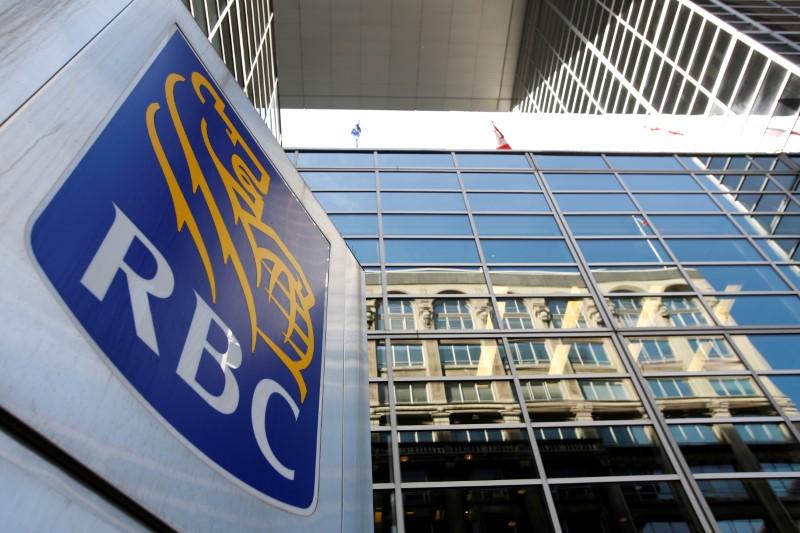RBC Patents Blockchain Application in Credit Scoring

Royal Bank of Canada, largest bank in Canada, files a patent with the US Patent and Trademark Office (USPTO) regarding a Blockchain-based credit scoring platform. RBC bets on the notion of transparency, as they try to make credit scoring processes clearer for potential borrowers.
Royal Bank of Canada designed a Blockchain-based solution to automate their credit rating system. This process makes it possible to automatically generate credit scores based on stored historical and predictive information about borrowers.
The point is to use a recording system where each bloc embeds attributes to do with the applicant’s digital identity, past transactions and timestamp indicating when the block was created. Once the credit application is filed, the platform defines the type of loan and relevant lender prior to generating a smart contract. This contract includes terms and conditions for the suggested loan, evaluated based on the customer’s transaction history.
The app is also configured to send a notification to the borrower whenever his credit rating increases or decreases, as already proposed by services such as Credit Karma. Their goal is to improve transparency for consumers/debtors, helping them manage their credit score in a better way.
Comments – DLTs improving transparency in credit-granting processes
Reliance on credit scoring process has started to become mainstream. In the US, more banking institutions are now providing their customers with free access to their score. Upgrade also relied on the notion of transparency and stressed their interest in applying Blockchain technology to their P2P lending offer: this crowdfunding platform uses this technology to help borrowers understand and improve their credit score.
RBC’s solution actually stands out as it applies automation to each step of the credit rating process, through a DLT-based system intended to be transparent and interactive. Also, it isn’t the first time this Canadian bank chooses to work with this technology: they already relied on the Blockchain during a pilot phase with SecureKey on managing sensitive data.
In the end of 2017, the American platform Celsius implemented a relatively similar scoring system, and they used a Blockchain, as well. These initiatives highlight how much progress this technology is making in being adopted even by the largest banking institutions.
